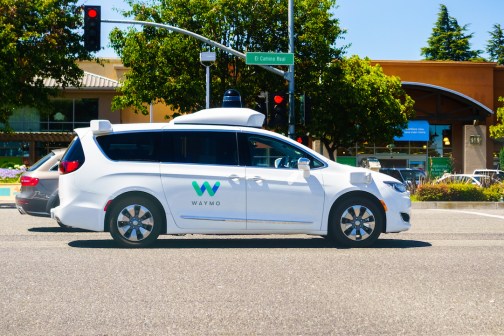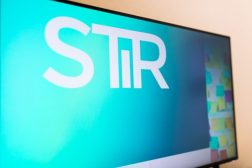Chicago grants first licenses to rideshare companies
The City of Chicago has embraced the ride sharing movement and issued its first two Transportation Network Provider licenses to Sidecar and Lyft, making it one of the first major metropolitan areas to issue such licenses.
Earlier this year, Chicago’s City Council passed an ordinance that establishes a licensing and regulatory framework for the industry to operate in Chicago. The ordinance focuses on safe rides for all residents and visitors by requiring each of these companies to get licensed, conduct background checks, train affiliated drivers, inspect affiliated vehicles and obtain insurance – something most of them already do.
The ordinance also protects consumers by regulating surge pricing, requiring that 311 information be included on rideshare apps and directing rideshare companies to clearly identify affiliated vehicles and drivers.
“Working with industry stakeholders and Aldermen, we passed sensible regulations to support innovation in this industry and ensure the safety of passengers,” Chicago Mayor Rahm Emanuel said. “Today, we are taking the next step in helping this industry to evolve, creating new jobs and providing new transit options for Chicago’s resident and visitors.”
These rideshare companies – with Uber being the most popular – offer a mobile application that uses GPS to connect ride-seekers with independent drivers and then automatically charges them for their rides.
“The rideshare industry has offered Chicago residents with more options for transportation and the City’s ordinance has given us the tools we need to ensure that riders are safe,” said Maria Guerra Lapacek, Commissioner of Chicago’s Business Affairs and Consumer Protection department. “We look forward to working with the rideshare companies going forward to ensure that Chicago riders receive the best possible service.”
Going forward, each company must be licensed by the City of Chicago, which is not transferable. It is an annual license with two license classes based on the company wide hour average for hours drivers are on the road: Class A license for companies whose drivers driving less than 20 hours or Class B for companies whose drivers drive more than 20 hours.
TNP companies may obtain either a Class A or Class B TNP license.
The regulation of these rideshare companies has become a hot topic of late for legislators around the county who want to make sure they are operating safely while providing a service that has become more and more popular for its convenience.
Just last week, a lawmaker in Michigan proposed a bill to regulate Uber and Lyft in that state for the same reasons that Chicago already created its laws for – to make sure that the drivers and companies are licensed and operate in a more controlled environment.
“If they’re not in your city, they soon will be,” said Michigan state representative Tim Kelly, a Republican, who introduced a bill in his state’s legislature. “And they’re running largely unregulated. I think this bill addresses that.”
So far, companies such as Uber have been proponents of the regulations being put in as they typically coincide with measures the company has put in place and gives added legitimacy and security to their business.





